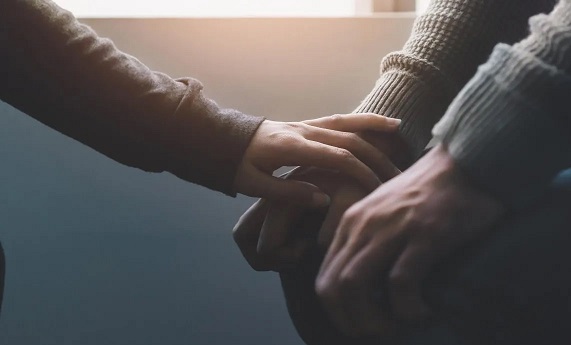The Impact of Depression on Your Sense of Humor
Depression is a mental health condition that affects millions of people worldwide. It is known to have a significant impact on various aspects of a person’s life, including their emotions, cognition, and behaviors. One aspect that is often affected but rarely discussed is an individual’s sense of humor.
In this article, we explore the intricate relationship between depression and one’s sense of humor, examining how depression can alter or diminish the ability to find and appreciate humor.
The Nature of Humor
Humor is a universal aspect of human experience, serving as a means of communication, connection, and emotional relief. It is a complex phenomenon that encompasses a range of cognitive processes, including incongruity detection, surprise, and the ability to find amusement in various situations. Humor can help alleviate stress, enhance social bonds, and contribute to overall well-being. However, depression’s impact on one’s sense of humor can disrupt these benefits and create additional challenges.
Emotional Dullness and Reduced Positive Affect
Depression is characterized by persistent feelings of sadness, emptiness, and a general lack of interest or pleasure in activities. These emotional states can lead to a diminished capacity for experiencing positive emotions, including the enjoyment of humor. Individuals with depression may find it challenging to experience genuine laughter, amusement, or joy, as the condition dampens their emotional responses and creates an overall emotional dullness.
Negative Cognitive Bias and Distorted Perceptions
Depression often distorts one’s perception of the world, leading to a negative cognitive bias. Individuals with depression may have a tendency to interpret situations and events in a pessimistic and self-deprecating manner. This cognitive bias can extend to humor, making it difficult for individuals to perceive and appreciate comedic elements. Jokes may be misinterpreted, self-deprecating humor may be magnified, and the ability to find lightheartedness in everyday situations may be significantly diminished.
Loss of Interest and Reduced Engagement
Depression often saps an individual’s motivation and interest in activities they once enjoyed. This loss of interest can extend to engaging in or seeking out humor. Individuals with depression may withdraw from social interactions, including those involving humor or comedy, as they find it challenging to muster the energy or enthusiasm to participate. This withdrawal further isolates them from humor’s benefits, reinforcing the cycle of emotional detachment and diminished engagement.
Self-Critical Thoughts and Reduced Playfulness
Depression can give rise to self-critical thoughts and a negative self-perception. Individuals with depression may struggle with low self-esteem and a lack of self-worth, which can hinder their ability to engage in playful and lighthearted activities, including humor. The internal dialogue of self-criticism and negative self-talk can dampen one’s willingness to embrace and express humor, as it may feel incongruent with their self-perceived identity or worth.
Coping Mechanisms and Adaptive Humor
While depression can diminish one’s sense of humor, it is essential to note that humor can also serve as a coping mechanism in dealing with depressive symptoms. Adaptive humor, such as finding humor in adversity or using humor as a tool for emotional expression, can contribute to emotional resilience and facilitate psychological well-being. Seeking out positive, uplifting forms of humor, such as comedy shows or humorous content, can help individuals navigate the challenges of depression.
The Role of Treatment and Recovery
Acknowledging and addressing the impact of depression on one’s sense of humor is crucial in the recovery process. Seeking professional help, such as therapy or counseling, can aid in managing depressive symptoms and restoring emotional well-being, which may, in turn, enhance the capacity for humor. Treatment approaches, such as cognitive-behavioral therapy, can address negative cognitive biases and help individuals reframe their perceptions to be more open to humor and positive emotions.
Support and Connection
Building a support system and connecting with others who understand the challenges of depression can provide a safe space for humor to flourish. Sharing laughter, engaging in light-hearted conversations, and participating in social activities that promote humor can foster a sense of belonging and contribute to overall emotional well-being.
Conclusion
Depression’s impact on an individual’s sense of humor is a complex and often overlooked aspect of the condition. Emotional dullness, negative cognitive biases, loss of interest, and self-critical thoughts can all contribute to a diminished ability to find and appreciate humor. However, through effective treatment, adaptive coping mechanisms, and social support, individuals can gradually restore their sense of humor, allowing laughter and amusement to once again become sources of joy and emotional well-being in their lives.

